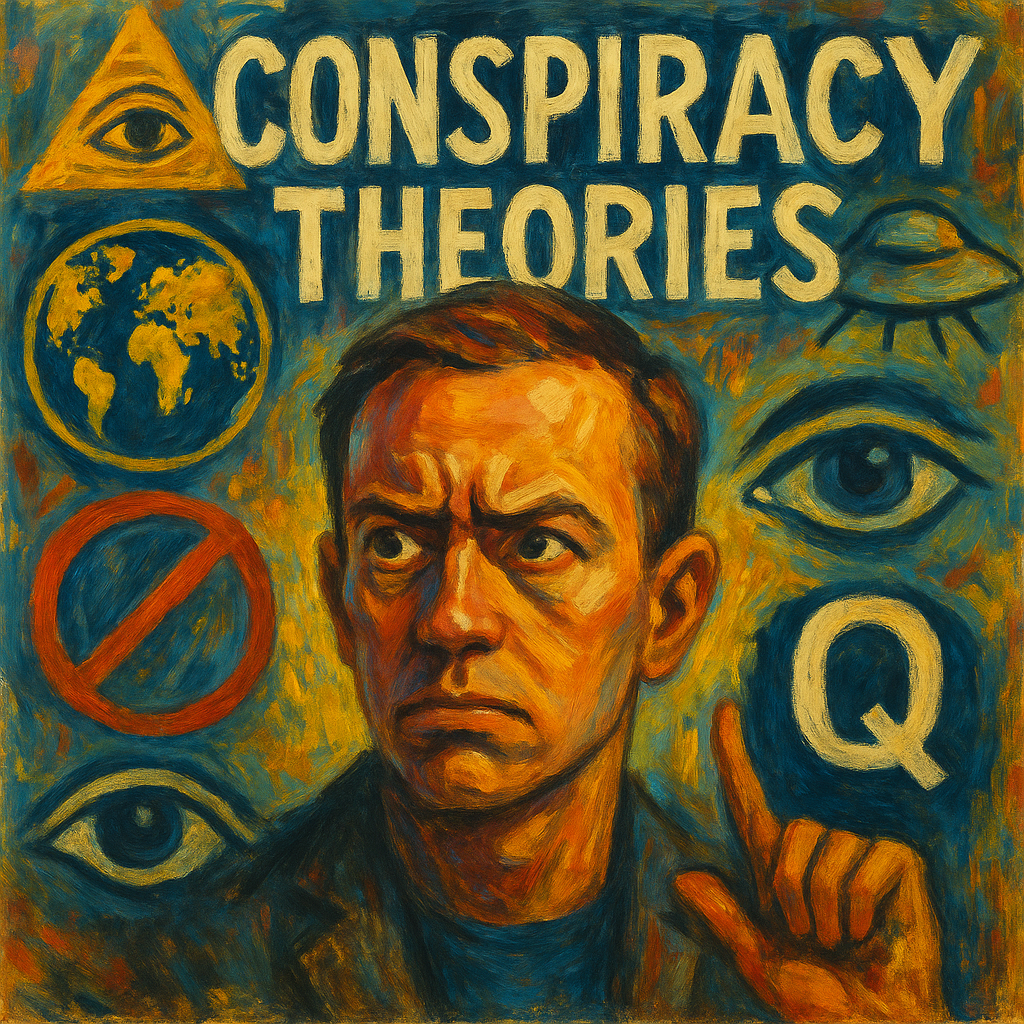In today’s rapidly changing world, marked by information overload and uncertainty, conspiracy theories are experiencing a surge in popularity. Why are conspiracy theories trending? Understanding this complex phenomenon requires examining the societal, psychological, and technological factors fueling their allure.
What Drives the Popularity of Conspiracy Theories?
The rise of conspiracy theories isn’t simply about rumors; it’s a multifaceted issue. Several factors contribute to their appeal:
1. The Psychology of Uncertainty: During times of crisis, like the COVID-19 pandemic, people crave explanations and a sense of control. Conspiracy theories offer simplified narratives that address complex issues, providing a sense of certainty in uncertain times. This is further amplified by cognitive biases, which can distort reasoning and make questionable information seem credible.
2. Social Media’s Impact on Conspiracy Theories: Platforms like Facebook, Twitter, and TikTok play a significant role in how conspiracy theories spread. Misinformation travels at an alarming rate online, normalizing fringe beliefs and fostering online communities around them. Emotionally charged viral content further contributes to the popularity of conspiracy theories.
3. Echo Chambers and Cognitive Biases: Social media algorithms often create echo chambers, feeding users content that aligns with their existing views. This reinforces cognitive biases and makes conspiracy theories appear more convincing due to selective exposure.
The Importance of Media Literacy in Combating Conspiracy Theories
As we explore why conspiracy theories are trending today, the concept of media literacy emerges as critical. Educating people on how to identify credible sources and evaluate information critically is essential. Improved media literacy empowers individuals to discern fact from fiction, thereby mitigating the influence of misinformation.
Examples of Current Popular Conspiracy Theories in 2025
Current conspiracy theories cover a wide range of topics, including:
* Political Conspiracies: These theories often involve allegations of election fraud, government cover-ups, and hidden agendas.
* Health-Related Conspiracies: Misinformation about vaccines and other health topics continues to circulate widely.
* Cultural Conspiracy Theories: These narratives exploit cultural fears and societal anxieties, offering explanations for complex changes.
Frequently Asked Questions About Conspiracy Theories
Why do people believe in conspiracy theories?
Conspiracy theories offer simple explanations for complex events, providing a sense of understanding and control, especially during times of crisis.
How can social media combat misinformation?
Social media platforms can improve their algorithms to prioritize credible sources and limit the spread of misleading content.
How can media literacy be improved?
Educational programs that focus on critical thinking skills and source evaluation can enhance media literacy across all age groups.
How did COVID-19 impact the rise of conspiracy theories?
The pandemic created an environment of uncertainty and fear, which fueled the spread of misinformation and distrust in authorities.
What can individuals do to combat conspiracy theories?
Promoting open dialogue, questioning information sources, and encouraging critical thinking are essential steps.
Conclusion
The popularity of conspiracy theories is a complex issue driven by psychological, societal, and technological factors. By fostering media literacy and promoting critical dialogue, we can better navigate the challenges of misinformation in our increasingly connected world.
